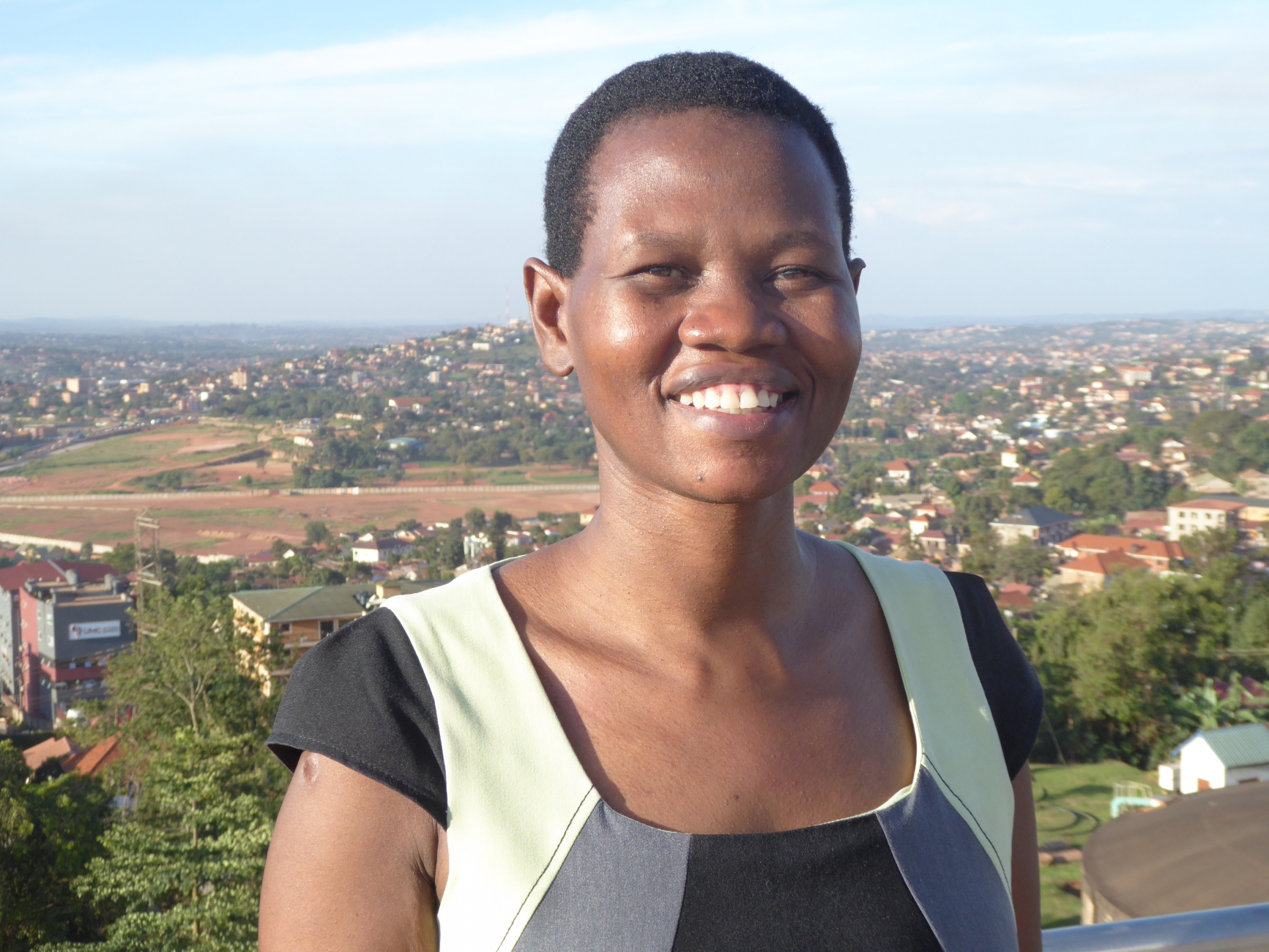Written by AJ Orena. Image credit: International Network for Advancing Science and Policy (INASP).
Doing a PhD is more than just about the knowledge we gain, it is also a platform to transforming lives, according to Dr. Harriet Mutonyi.
Dr. Mutonyi received her PhD in Education in 2008 and is now an associate at International Network for Advancing Science and Policy (INASP). This UK-based non-governmental organization works to influence policy for development. Dr. Mutonyi shares how her graduate degree has helped her pursue her passion in community engagement.
Can you describe the journey to your current position?
After my PhD, I worked as an academic at the Faculty of Education at Uganda Martyrs University. I taught courses and conducted research on gender equality issues and teaching. I also got involved with community engagement projects, where we worked with rural communities and helped them with different skills, such as bookkeeping.
There came a point when I felt that I just needed to do something different, as I didn’t want to be someone who just stayed in the academic system. When I stepped down from my position at Uganda Martyrs University, INASP approached me. I had previously worked with them when they came to implement a project at the university.
INASP were looking to have a presence in Uganda, and because they liked my approach, they offered me an associate position. It’s a great opportunity, because I’m now having conversations with people that I never would have before, and I’m getting to really understand the policy process.
What projects are you working on right now?
INASP is working on several different projects, including engendering research activities in Uganda. There are many women who, despite being highly-educated, may not have as much ‘traditional’ research outputs as men, or access the research resources in the same manner as their male counterparts. This is oftentimes because of the roles that women play in life.
But we found that another reason is that many women prefer to conduct their research by directly engaging with communities, as opposed to sending the research out for publication. So, they’re doing interesting work, but it is not in the normative way of producing articles. Women get told that they are not as ‘prolific’ as their male counterparts, which is a conversation that keeps them from being promoted.
Through the National Council of Science and Technology, the team is in conversation with the parliament of Uganda which will hopefully bring about policy change to support research outputs by women.
How did training and time at graduate school help your career?
For me, the PhD training is about what you discover about yourself – your level of resilience, your level of thinking, and your philosophy of life. Navigating through the different obstacles, like living internationally, has helped me learn new things about myself, and these are lessons and skills that I carry with me today.
Having a PhD has given me leverage; I would not have been invited to work with training programs within Africa without my PhD. It has also taught me how best to engage with a community; people are very interested on what I can offer because I’m from a university. Having said that, my job is not to impose solutions on the community, but to help them discover what it is they want to do and to empower them to come up with their own solutions.
Do you have any advice for fellow PhD students?
Find what you’re passionate about and invest your time in that. Doing a PhD is more than just about the academic journey, it can be a platform to transform lives. So, when you’re starting your PhD, you need to map out who are the people you want to touch and how you want to do that. In doing so, you can position yourself to be part of the solution for issues that you are passionate about, whether it is in your community, or the country at large.
